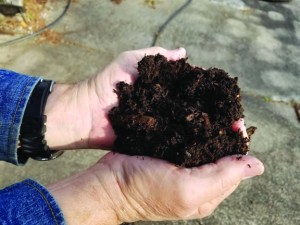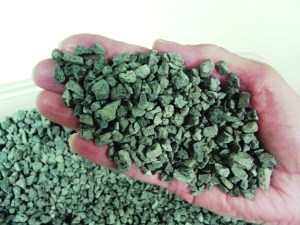Darrell Blackwelder: Clay soil is not a lost cause
Published 12:00 am Sunday, March 15, 2020
A major misconception about clay soils that they’re poor and non-productive. Tight clay soils are difficult to manage; but, with proper modification these soils can easily produce both ornamentals and garden vegetables.
Workability of clay soils can be improved with proper soil amendments. Amending clay-type soils is necessary to improve drainage and oxygen. Oxygen is a very important element necessary for root growth and expansion. The best amendments for clay soils are pine bark humus less than 1/2″ in diameter, composted leaf mold, or PermaTill. There are also composted materials that include PermaTill as part of the product.
Incorporate leaf mold and other composted materials into the soil that are fully composted.

Composted bark and manure

Perma Till
For heavy clays incorporate 2” of PermaTill by working with a shovel or tilling into the soil to a depth of 6 to 8 inches. Include at least ½ to one inch of compost to increase organic content if needed.
Peat moss, sand, hardwood bark, green sawdust, wood chips and pine straw ARE NOT recommended as soil amendments. Adding these materials will not improve the physical properties of a clay soil; in fact, sand added to clay soil makes a brick.
Amendments to clay soils must be incorporated to at least 25% by volume to be effective. For example, in the top 8 inches of amended soil, a minimum of 2 inches of the amendment should be incorporated into the soil.
Darrell Blackwelder deblackw@ncsu.edu is the retired horticulture agent and director with the North Carolina Cooperative Extension Service in Rowan County.



